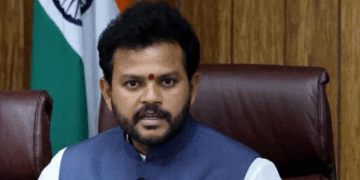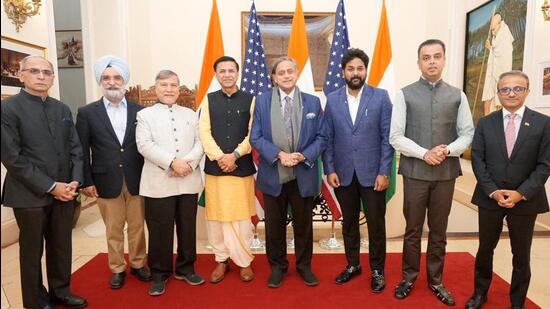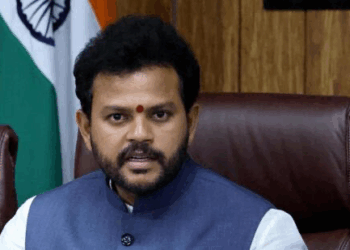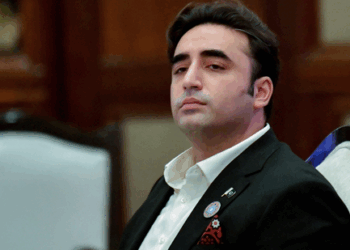India has drawn a new red line against terrorism, with Congress leader Shashi Tharoor declaring that Pakistan will have to bear increasingly severe consequences for supporting cross-border terror. Speaking in New York as part of an all-party delegation sent abroad to explain India’s new counter-terrorism posture, Tharoor said Islamabad has consistently failed to act against terror groups, pushing India to adopt stronger retaliatory measures.
Citing examples such as the 2008 Mumbai attacks and the 2016 Pathankot strike, Tharoor noted that India had previously attempted cooperation with Pakistan on terror, but without meaningful results. “Pakistan is a revisionist power, using terror to claim Indian territory,” he said, referencing the April 22 Pahalgam attack that killed 26, primarily targeting Hindus.
“This was clearly designed to derail the normalization process in Jammu and Kashmir and provoke communal unrest. But it failed. Indians responded with unity, not division,” Tharoor emphasized. He also pointed out the role of The Resistance Front, a Lashkar-e-Taiba proxy, and the joint China-Pakistan effort to block references to the group at the UN Security Council.
India’s decisive response came in the form of Operation Sindoor on May 7, with precision air strikes hitting nine terrorist infrastructure sites in Pakistan-administered territory. “We crossed not just the Line of Control, but the international border, striking at the heart of Pakistan’s terror hubs,” Tharoor said. “This wasn’t the start of a war—it was a firm message: Terror will be met with force.”
Tharoor stressed that India has no territorial ambitions and seeks peace, but won’t tolerate terrorism as a tool of state policy. “We’ve tried diplomacy, dossiers, even the UN. Pakistan remains in denial with no real prosecution or dismantling of terror networks.”
The delegation, which will also visit Latin America, met US think tanks and media to explain India’s strategic shift. In parallel, BJP MP Baijayant Panda told Bahraini leaders that Operation Sindoor shattered Pakistan’s “nuclear blackmail,” asserting, “India has called their bluff.”
Panda highlighted that over 50 sanctioned terrorists continue operating freely in Pakistan. “We will retaliate, but responsibly. Our aim is deterrence, not escalation.”
Elsewhere, NCP-SP MP Supriya Sule’s team in Qatar expressed India’s “national outrage” over the Pahalgam killings, while JD(U)’s Sanjay Kumar Jha met the Indian diaspora in South Korea, reaffirming India’s “measured, targeted and responsible” response.
The delegations underscore a united Indian political front on counter-terrorism. Tharoor concluded by saying, “There’s a new bottom line. If Pakistan won’t act against terror, India will.”








 India
India












